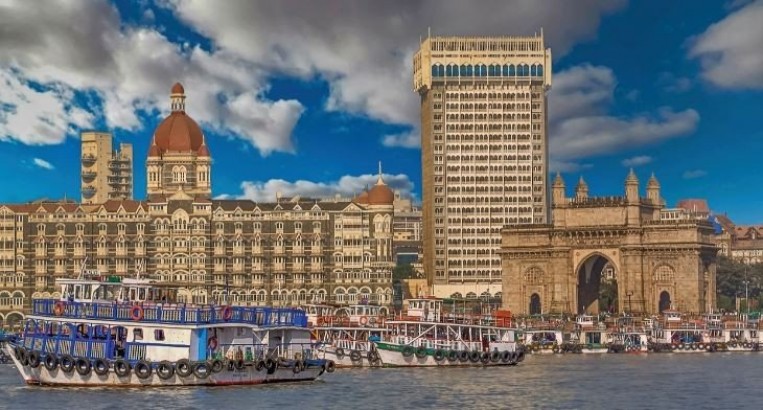Proof of right: PCT applications designating India
31 October 2019

India’s Patents Act, 1970 sets-out the kinds of persons entitled to apply for patents in India which includes by any person being the assignee of the person claiming to be the true and first inventor in respect of the right to make such an application [Section 6 sub-Section (1) of the act].
This provision is made subject to Section 134 of the act, i.e. it excludes nationals of countries which do not accord the citizens of India the same rights in respect of grant of a patent and the protection of patents rights as it accords to its own nationals.
Of course, the act permits the patent application to be made by any of the persons entitled either alone or jointly with any other person so entitled [Section 6 sub- Section (2) of the act].
The discussion herein pertains to cases where the applicant(s) [person(s) claiming to be ‘person(s) entitled’] for making a patent application in India from a PCT (Patent Cooperation Treaty) is/are the assignee of the person(s) claiming to be the true and first inventor in respect of the right to make such an application.
The act provides that “Every international application under the Patent Cooperation Treaty for a patent, as may be filed designating India shall be deemed to be an application under this Act, if a corresponding application has also been filed before the Controller in India.” [Section 7 sub-Section (1A) of the act]. However, at the same time, the Indian Patents Act provides that "where the application is made by virtue of an assignment of the right to apply for a patent for the invention, there shall be furnished with the application, or within 6 months after the filing of the application” [Section 7 sub- Section 2 of the act and Rule 10 of the Patents Rules, 2003]. The Patents Rules, 2003 clarify that the six-month period in case of an application corresponding to an international application (PCT application) in which India is designated shall be reckoned from the actual date on which the corresponding application is filed in India.
Guidance by the Indian Patent Office on what constitutes proof of right is provided in the Manual of Patent Office Practice and Procedure, Version 3.0 issued March 1, 2019, i.e. by way of an endorsement in the application form (Form 1) or an assignment deed (i.e., in written form). The assignment deed may be in original or a copy thereof duly authenticated.
Furthermore, in practice, employment agreements which explicitly state that the intellectual property is to be transferred to the employer (or applicant) are also acceptable. When the agreement does not contain an explicit clause, there have been a few instances where the applicant has been able to successfully establish proof of right. However, such instances are limited to countries whose national laws provide that inventions would be assigned to the employers if made during the during the course of employment.
The Intellectual Property Appellate Board (IPAB) in Order No. 252 of 2013 dated October 28, 2013, in OA/39/2011/PT/CH (NTT DoCoMo Inc. v. The Controller of Patents and Designs) was of the view that the applicant in respect of a PCT application designating India ought to furnish documents to prove that the applicant either has gotten worldwide assignment or at least whether the applicant has gotten the right to make the application in India from the inventor or not. Such right to make an application in India can also be by way of endorsement by the inventors in the Application Form-1, i.e., the applicant has to obtain the signature from the inventors in column 9(i) of Form-1.
Thus, in spite of the PCT provisions, i.e., PCT Rule 4.17(ii) or PCT Rule 51bis. 2(ii), which provide instances where submitting proof of right is not required at the designated office unless veracity of the same is questioned, submission of a document evidencing proof of right in respect of the Indian designation from a PCT application on entering India is recommended. This is because the IPAB has upheld the view of the Controller of Patents in Order No. 252 of 2013, that documentary evidence of the proof of right to apply for a patent in India even applies to a designation in India from a PCT application. The aforesaid order of the IPAB was in an appeal from an order of the Controller of Patents wherein the issue of discussion of this article arose.








